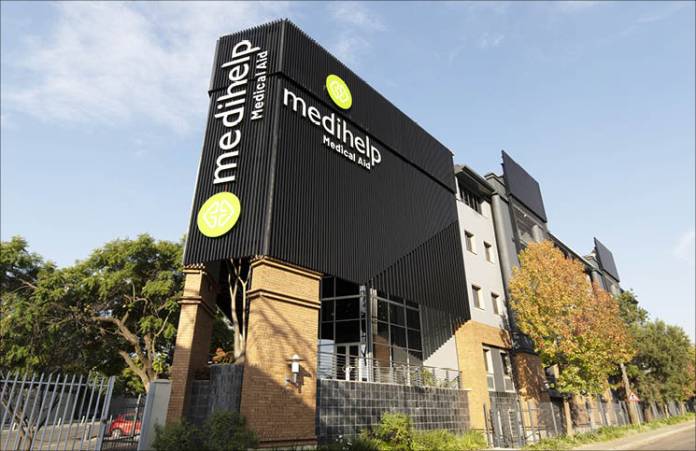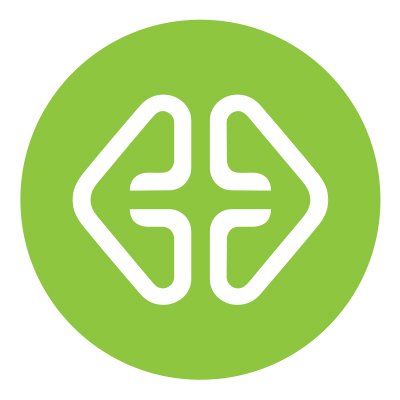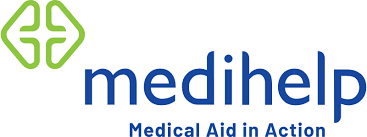Does your medical aid provide coverage for accredited inpatient drug rehabilitation and the prescribed minimum benefits you might need?
Does Your Medical Aid Cover Drug Rehabilitation?

Medihelp Medical Aid members can receive coverage for drug rehab for up to 21 days, including a 3-day medically supervised detoxification. To obtain the full extent of their plan coverage, members must use accredited inpatient rehab facilities, which ensures quality treatment for their substance use disorders. The coverage falls under the prescribed minimum benefits (PMBs), which all medical aid schemes must cover.
At Changes Addiction Rehab, our multidisciplinary team is equipped with the skills and experience to deliver quality treatment needed to help individuals struggling with substance use disorders and to equip them with practical skills to ensure long-term sustainable recovery.
Overview Of Medihelp Medical Aid
Medihelp Medical Aid provides comprehensive coverage for addiction treatment in South Africa. The scheme offers a range of options, including inpatient drug rehab, certain outpatient services, and medically supervised detoxes, ensuring that members have access to the care they need and can feel secure in their coverage.
Types Of Rehab Treatments Covered By Medihelp
Members can receive up to 21 days of inpatient drug rehab coverage, including a 3-day medically supervised detoxification. This treatment is covered at approved facilities.
Drug rehab treatment therapies may include:
- Individual counselling
- Group therapy
- Family therapy
Outpatient program services are covered, but limits may apply. Members should review their plans to understand their options.

Eligibility Criteria For Coverage
To access coverage for drug rehab, members must meet certain criteria. These include:
- Having an active membership
- Been approved through a pre-authorisation process
- Using network providers
Medihelp implements a standard pre-authorisation procedure that must be adhered to. Failure to do so will result in being denied coverage for drug rehab.
Additionally, Some plans have waiting periods or co-payments upon admission.
Understanding Addiction Treatment Coverage
Medihelp members are covered in their substance use disorders at drug rehabs. However, certain limitations may apply.
Inclusions In Addiction Treatment
Medihelp Medical Aid covers large portions of addiction treatment programmes under their prescribed minimum benefits. Luckily, this extends to all plans offered by Medihelp.
This coverage may include:
- Residential inpatient treatment
- Medically supervised detoxification
- Outpatient services
- Counselling sessions
- Group therapy
Plans cover up to 21 days of inpatient treatment, including a 3-day supervised detoxification.

Limitations And Exclusions
While Medihelp may offer comprehensive coverage to its members, there are limitations and exclusions to consider when choosing a plan:
- All treatments must be pre-authorised through Medihelp Medical Aid
- Members must select a facility on the designated service providers list (DSPs) to receive the full extent of their benefits
- Medihelp does not cover treatments that are not deemed medically necessary
Pre-Authorisation Procedure For Medihelp
A pre-authorisation is required to be admitted into a drug rehab treatment facility. Medihelp has put into place specific steps that must be followed sequentially for coverage to be approved.
Our admissions team at Changes Addiction Rehab will do the pre-authorisation procedure on your behalf to make admission into our facility more accessible; this is what it will look like:
- We will phone Medihelp Medical Aid and give them your ICD-10 codes, relevant documentation and our facility’s practice numbers.
- Most importantly, no referral letter from a medical professional will be needed for admission.
The process is uncomplicated and takes less than 10 minutes. Our aim is to get you the help that you need as quickly and efficiently as possible.
Network Providers And Treatment Facilities
Medihelp Medical Aid uses a network of facilities for addiction treatment; this system affects coverage for coverage and costs for members seeking care for their substance use disorders.
Preferred Providers
Medihelp Medical Aid has a list of Designated Service Providers (DSPs) for drug rehab treatment facilities. When members choose these facilities, their co-payments are less.
These network providers include various treatments for substance use disorders, such as:
- Inpatient treatment
- Outpatient treatment services
- Detoxification
- Counselling sessions

Coverage In Non-Network Facilities
Medihelp Medical Aid may provide coverage in these drug rehab facilities; however, members will be liable to much larger co-payments upon admission; the exact amount will vary depending on the plan chosen by the member.
Member Support And Resources
Members struggling with substance use disorders can benefit from the comprehensive benefits offered by Medihelp Medical Aid plans, providing them with the support and resources they need to overcome their challenges.
Counselling Benefits
Medihelp provides counselling sessions to members struggling with addiction. These benefits include one-on-one sessions with professionally trained counsellors and psychologists in a safe and confidential environment.
Group therapy is another benefit that Medihelp offers its members, but it is plan-dependent. Group therapy provides a supportive environment where members can share their experiences, learn from others, and build a strong support network, which can be crucial for long-term recovery.
These benefits can be claimed while being treated in a drug rehab facility.

Conclusion
Medihelp Medical Aid members can receive up to 21 days of inpatient drug rehab, including a 3-day medically supervised detoxification. To receive the full extent of their benefits, members must choose a facility on the designated service providers list.
Their plans range from basic to comprehensive, ensuring that all members with diverse needs and budgets are catered to and cared for.
At Changes Addiction Rehab, we provide our patients with the highest level of care, which is why we have partnered with Medihelp. This partnership ensures that their patients receive the best care possible. Call us today to start your pre-authorisation.
Are Drug Rehabs Covered Under Medihelp Medical Aid Plans?
Yes, Medihelp Medical Aid is legally obligated to cover addiction treatment under all its plans as it falls under the prescribed minimum benefits (PMBs).
What Aspects Of Addiction Treatments Are Included In Medihelps’ Benefits?
Medihelp benefits include inpatient treatment, certain outpatient services, counselling and group therapy sessions.
Does Medihelp Medical Aid Cover Secondary Treatment?
No, members will be liable to pay private fees for secondary drug rehab treatment.






